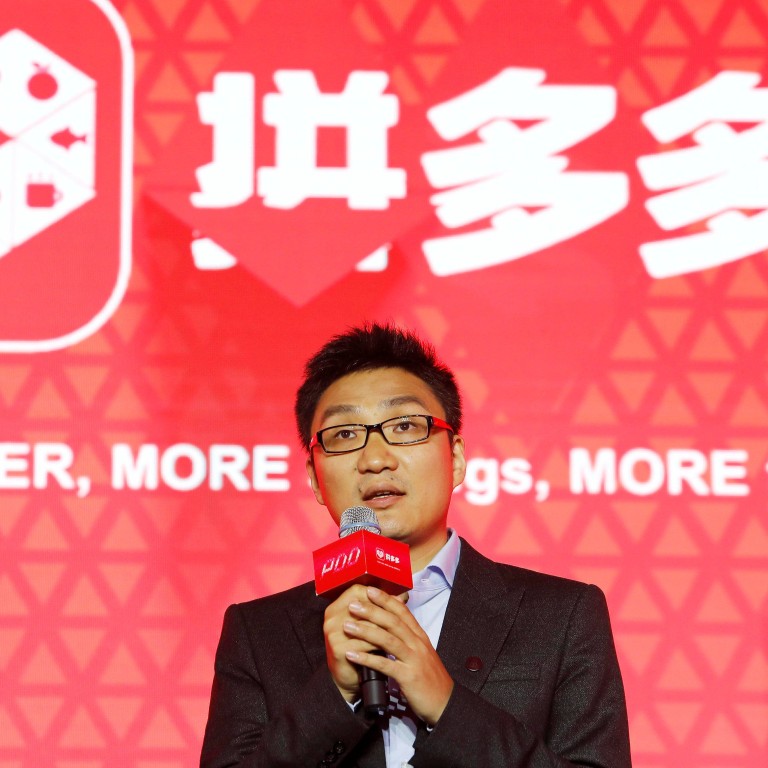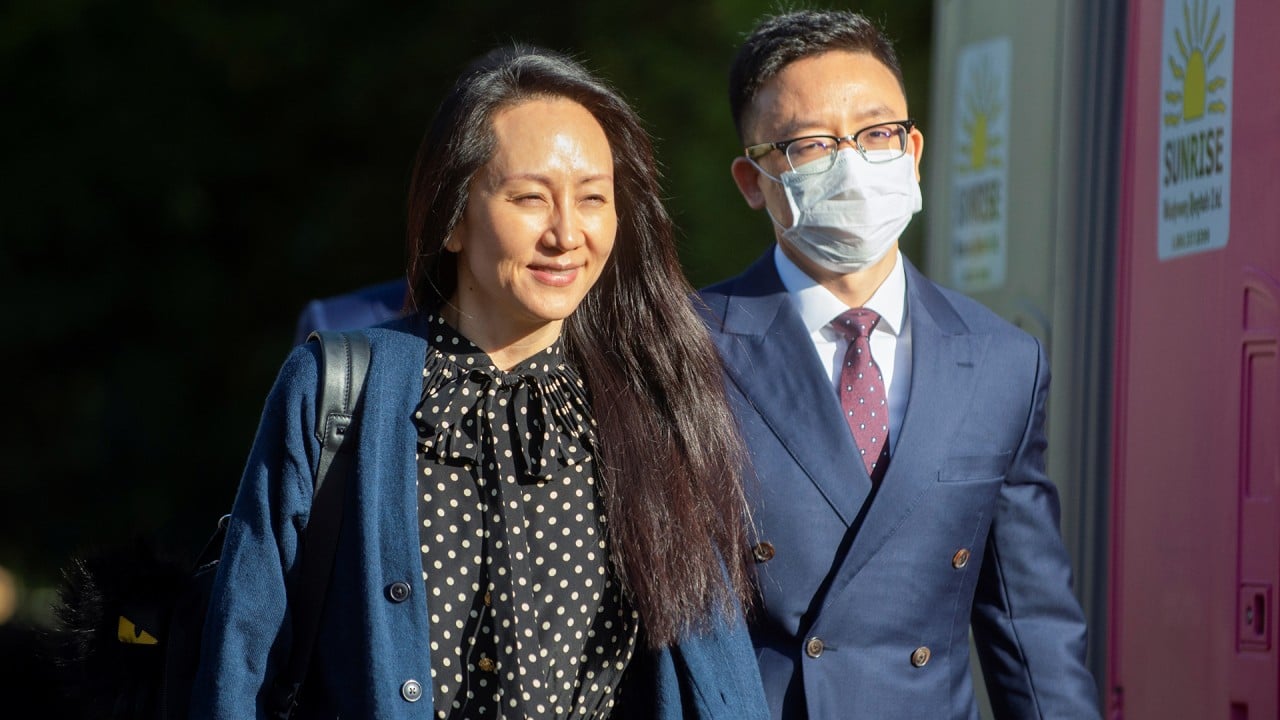
Exits at the top good for China’s corporate health
- As many of the country’s tech founders hand over the reins, it’s worth remembering that once start-ups grow to a certain size they need professional managers to take over
Many of China’s most influential tech founders are preparing for corporate succession. This has often been viewed as a result of Beijing’s crackdown on the sector with increased regulatory scrutiny and penalties.
However, handing over to successors once a business has grown to a certain size is a sign of maturity. Launching a successful start-up and growing an established business are two different things.
This needs to be kept in mind even when considering such developments through the lens of politics.
Among those who stepped down last year were Huang Zheng, or Colin Huang, of e-commerce behemoth Pinduoduo; Zhang Yiming, chief executive of ByteDance; and Su Hua of Kuaishou Technology. In 2019, Jack Ma retired as executive chairman of Alibaba Group Holding, the parent company of this newspaper.
Earlier this month, founder Richard Liu Qiangdong announced he was quitting as chief executive of e-commerce giant JD.com, though he remains as chairman. Meanwhile, 5G pioneer Huawei’s founder and president Ren Zhengfei has also made a move by naming daughter and company finance chief Meng Wanzhou as the new deputy chair.
She returned to China from Canada last September after a controversial US extradition case against her for bank fraud was resolved.
Finding suitable successors presents both opportunities and challenges. So-called key-man risk has long been a problem with strong-willed founders unwilling to let go of executive control with their start-up mentality.
This means their input or even decision is sought in every major, and sometimes even minor, decision.
The skill sets for launching a start-up and growing an established company are not the same. The former needs energy and vision, but the chief executive of a well-run company needs to put up with the daily grind and operational minutiae, along with the capacity for strategic planning and maintaining government relations.
Why did these 5 Chinese tech billionaires step down?
ByteDance’s Zhang is known for focusing firmly on the tech field, rather than labouring through corporate details. It’s therefore understandable that once start-ups grow to a certain size, they need professional managers to take over.
Overlooking the politics, the wave of exits is good for long-term corporate health in China.


